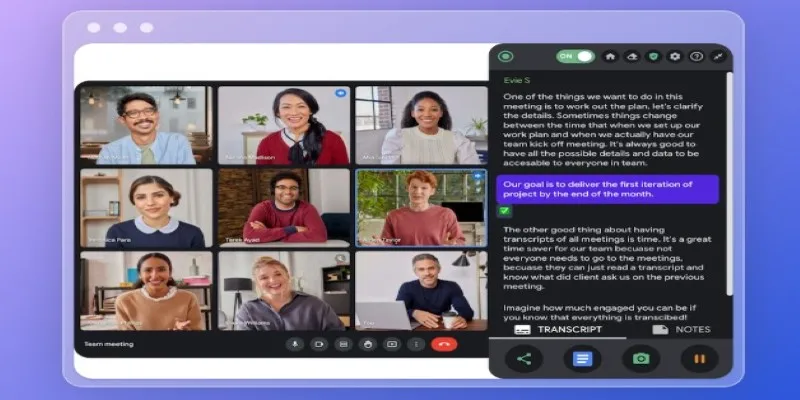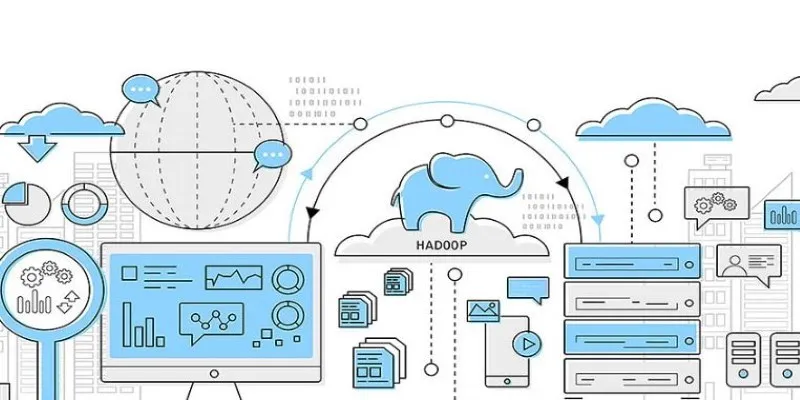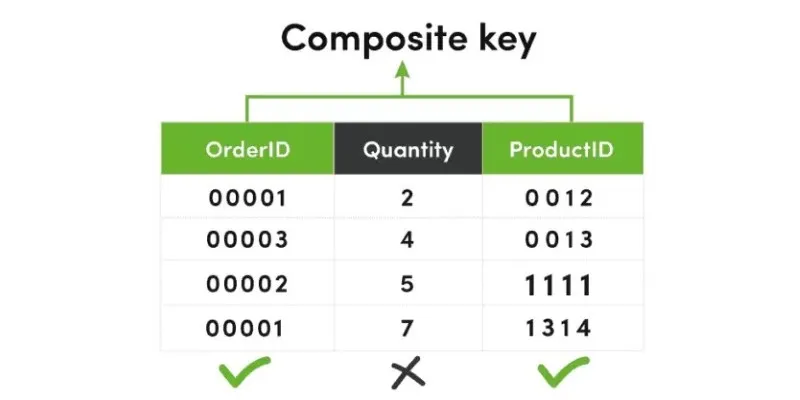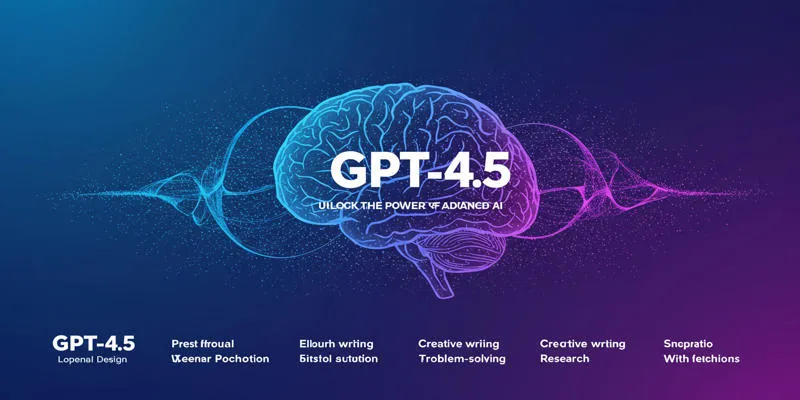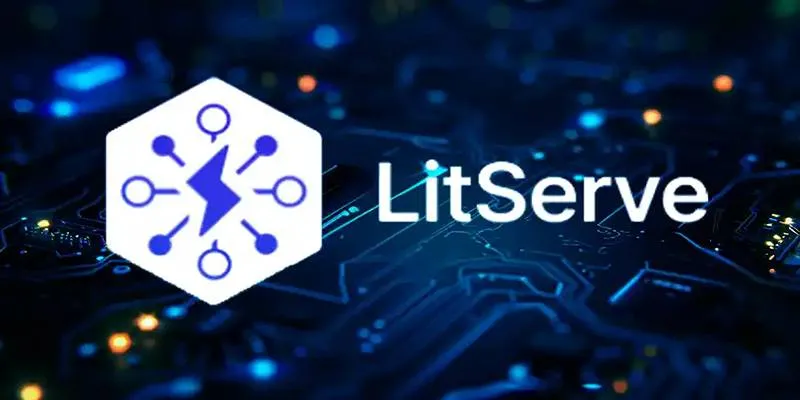Artificial Intelligence (AI) tools are transforming the way developers tackle problem-solving and enhance productivity. From intelligent coding assistants to robust machine learning platforms, there’s an AI solution tailored for every need. In this guide, we explore the top AI tools available, highlighting their key features, benefits, and how they can streamline your workflow.
Code Generation & Assistance

AI has significantly improved code creation and support, enabling developers to write cleaner, more functional code swiftly.
GitHub Copilot
GitHub Copilot is an AI-powered code assistant developed by GitHub and OpenAI. It seamlessly integrates with popular code editors like Visual Studio Code, offering real-time code suggestions and auto-completions as developers write code. By analyzing context from comments and previous code, it generates effective snippets, eliminating repetitive coding tasks and accelerating development workflows.
Supporting multiple programming languages, GitHub Copilot is versatile for projects of all types. Developers experience increased productivity, reduced mental fatigue, and more time to focus on complex problem-solving and creative coding.
Tabnine
Tabnine is a machine learning-based code completion tool designed to automate the coding process. It provides intelligent code suggestions and auto- completions, supporting a range of programming languages and frameworks. Tabnine integrates seamlessly into top IDEs, enhancing developer workflows by predicting logical code lines based on context.
With a focus on privacy, Tabnine offers on-premise solutions to ensure sensitive codebases remain secure. It significantly boosts developer productivity by minimizing repetitive typing and ensuring consistent coding patterns. Its ability to learn individual coding styles makes it an invaluable resource for both individuals and teams.
Debugging & Code Optimization
Debugging and code optimization can be time-consuming, but AI tools make these tasks much simpler.
DeepCode
DeepCode is an AI-based code review tool that analyzes your code for weaknesses, inefficiencies, and logical errors. Using advanced machine learning techniques, it provides actionable recommendations to improve code quality and security. Compatible with all popular IDEs and version control systems, it is suitable for both small and large development teams.
With real-time feedback, DeepCode allows developers to resolve issues early in the development process, reducing the likelihood of bugs reaching production and simplifying the debugging process.
Kite
Kite is a powerful AI-based tool designed to assist developers by offering intelligent, real-time code recommendations. It helps in promptly detecting and fixing errors, simplifying the debugging process for quick issue resolution. Kite’s autocomplete feature, tailored to support various programming languages, enhances coding accuracy and productivity.
The tool also provides inline documentation for complex functions, reducing the need to consult external resources. By increasing productivity and simplifying error handling, Kite is invaluable for both novice and experienced developers aiming for efficient code quality.
AI for Testing & Security
Ensuring security and maintaining software quality are crucial tasks, made easier by AI-powered tools specifically designed for testing and security.
Codacy
Codacy automates code reviews, offering continuous analysis to detect issues, security vulnerabilities, and coding standard violations. It integrates with workflows like GitHub, Bitbucket, or GitLab, streamlining the process of maintaining clean and reliable code. Teams can uphold high-quality standards while reducing the manual effort in code reviews.
Codacy provides detailed reports, highlighting areas for improvement and enabling developers to address issues early. With customizable settings, it adapts to each project’s needs, helping developers focus on improving code quality, productivity, and best practices.
Snyk
Snyk is a security platform that identifies and remedies vulnerabilities in open-source libraries, dependencies, and container images. It scans code for risks like outdated packages or misconfigurations, ensuring secure deployment at every development stage.
Seamless integrations with CI/CD tools, such as Jenkins and GitHub, enable real-time monitoring and remediation. Snyk provides alerts and automated fixes, saving time while ensuring software security. With a proactive approach to evolving threats, Snyk helps protect applications, reduce risk, and build trust in software solutions.
DevOps & Automation

Streamlining DevOps processes and automating workflows with AI has become essential for modern software development teams.
AIOps Tools
AI-powered DevOps platforms analyze vast datasets to automate tasks like monitoring, troubleshooting, and incident response. By identifying anomalies in real-time and enabling predictive maintenance, these tools reduce downtime and enhance system reliability. AIOps fosters smarter decision-making through actionable insights from historical and live data.
These tools not only accelerate workflows but also minimize the manual effort required for repetitive tasks, boosting efficiency. Popular solutions include Datadog, Splunk, and Dynatrace, each assisting teams in optimizing their operational strategies.
MLOps Platforms
MLOps platforms simplify machine learning model deployment and operational processes, ensuring smoother and more efficient development pipelines. Tools like Kubeflow and MLflow automate key steps from data preprocessing to model monitoring.
They bridge the gap between data science and DevOps, enabling collaboration across teams for consistent delivery. MLOps ensures scalability, reproducibility, and governance over machine learning workflows, making it indispensable for AI-driven projects.
AI for APIs & AI Model Deployment
AI tools facilitate seamless building, deployment, and integration of models, reducing time to production.
OpenAI API
OpenAI provides developers with a powerful platform to integrate advanced AI into their applications, simplifying the creation of intelligent solutions. From chatbots and sentiment analysis to content generation and personalized recommendations, the OpenAI API offers easy access to state-of-the-art AI services.
Its intuitive interface allows for model fine-tuning to meet specific needs, making it versatile across industries like healthcare, finance, education, and customer service. Regular updates enhance performance, security, and functionality, ensuring an efficient tool for building smart, scalable applications. Whether you’re a startup or an enterprise, OpenAI makes AI development easier than ever.
Hugging Face
Hugging Face is a prominent platform in the machine learning ecosystem, renowned for its open-source NLP models and commitment to democratizing AI. Initially focused on NLP, Hugging Face now offers tools for training, deploying, and fine-tuning models across various domains, simplifying workflows for developers and researchers. Its extensive repository includes thousands of pre-trained models for tasks like translation, text classification, question answering, and image recognition, saving time and resources while delivering high performance.
Hugging Face’s community-driven approach encourages collaboration, with global developers contributing to open-source projects to drive growth and innovation. The platform integrates with frameworks like PyTorch and TensorFlow, ensuring adaptability for different technical environments. Hugging Face also provides premium services like model hosting and API access, enabling easy scalability for real-world applications.
Conclusion
The advancements in AI tools like OpenAI API and Hugging Face have revolutionized how developers and organizations approach machine learning and natural language processing tasks. These platforms empower users with accessible, efficient, and customizable solutions, driving innovation across industries. OpenAI API excels in adaptability and seamless AI integration, while Hugging Face’s open-source community and extensive model repository democratize machine learning capabilities.
 zfn9
zfn9












